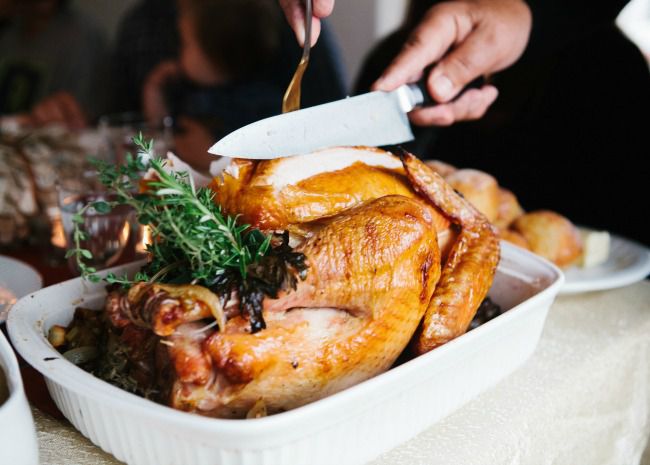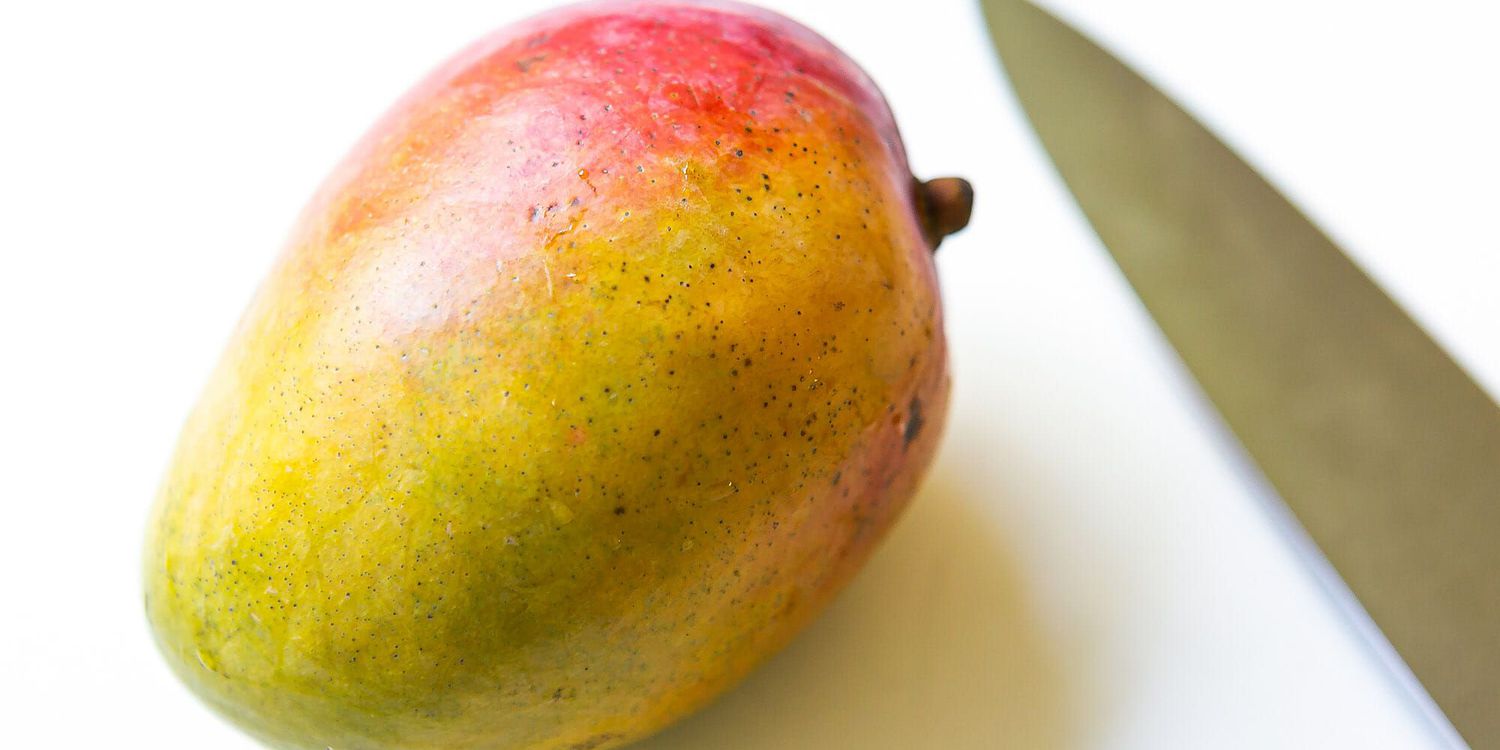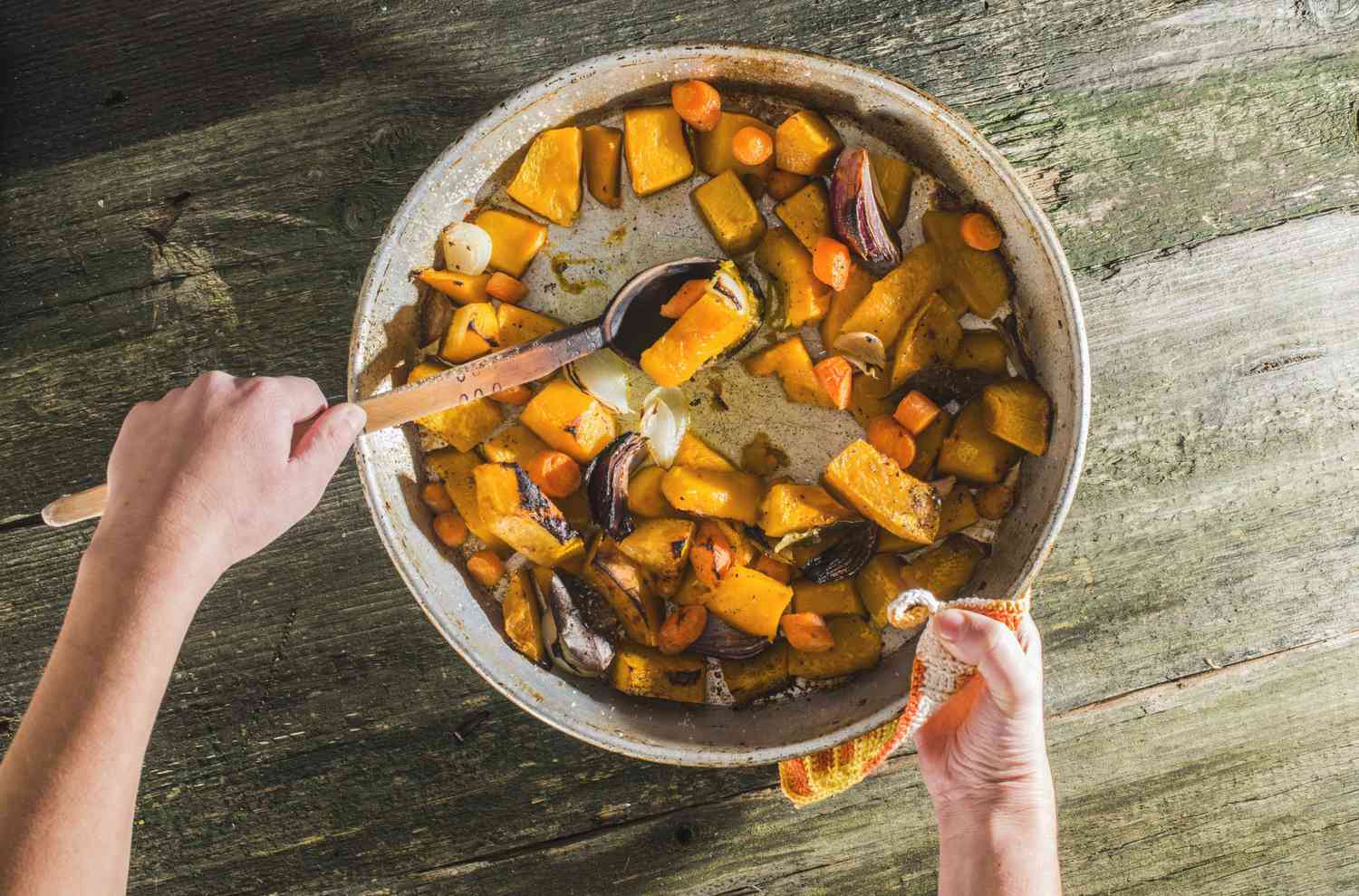Because of its impressive versatility and relative affordability, chicken is a popular protein choice for weeknight dinners, weekend cookouts, and even elegant gatherings.
However, there’s a common grievance that many home cooks experience when preparing this white meat: their dish ultimately lacks flavor and is a bit dried out. That’s where a marinade can work magic for the meal.
What Is a Marinade?
Marinades generally consist of cooking oil, an acidic liquid — such as vinegar, wine, tomato, or citrus juice — and flavoring ingredients like herbs and seasonings. They can also include ingredients that are considered natural enzymes, such as ginger, papaya, pineapple, kiwi, fig, and mango. Oftentimes, a sweetening agent is included as well, such as molasses, honey, or brown sugar; these ingredients aid in browning. Marinades should be thin in consistency so they can penetrate the surface of the meat.
The acids in a marinade serve not only to flavor, but to soften and tenderize the meat. Thus, marinating proteins like chicken will infuse the meat with flavor and result in a tender, succulent final product after cooking.
Chicken is a popular choice for marinating because it is inherently mild in taste, and pairs well with a wide variety of different ingredients and flavors. Additionally, chicken is a wonderful candidate for different cooking methods and techniques; it’s well suited for pan searing, baking, grilling, and beyond.
Because the acidic ingredients in a marinade contain enzymes that will start to break down the structure of the chicken, the timing for how long the meat remains in the mixture is a crucial step in the marinating process. The chicken needs to be left in long enough to take on flavor and tenderize, but not so long that the texture of the meat is compromised. Timing is everything.
How Long Should You Marinate Chicken?
A marinade tenderizes proteins and helps to prevent them from drying out, even with high-heat cooking methods — all while boosting their tastiness.
The elements work together to enhance the taste and texture of the chicken. Good quality ingredients are key when mixing a marinade. Some popular ingredient variations can include balsamic vinegar, fresh citrus, soy sauce or tamari, beer, wine, bourbon, Worcestershire sauce, flavored or herb-infused oils, sugar, honey, molasses, or maple syrup.
A general guideline for marinating chicken is to allow the meat to sit and infuse in the ingredients for 2-3 hours. Chicken can be left in marinades that do not contain acids for a bit longer, but the added time won’t necessarily make them work any better.
How Long Is Too Long to Marinate Chicken?
As mentioned, the amount of time the chicken spends in a marinade is an incredibly important part of the process. Most recipes for marinating poultry recommend about 2-3 hours, and no longer than 4 hours.
The reason you do not want to marinate chicken for longer than 4 hours is that the acidic ingredients in the marinade (like vinegar, wine, or lemon juice) will begin to break down the structure of the meat too much and it will start to “cook” before ever touching a heat source. Eventually, all of the proteins in the chicken will break down, leading to the meat having a mushy texture.
Always marinate chicken in the refrigerator instead of allowing it to sit at room temperature where bacteria can begin to form. Ideally, place marinating chicken on the bottom shelf of the fridge to prevent any possible leaks or spills onto the foods below.
Is 30 Minutes Long Enough to Marinate Chicken?
Marinating chicken for even 15 to 30 minutes can impart flavor to smaller pieces of meat. Boneless, thinner cuts of chicken like tenders — or any other cuts that are purchased as thin strips or pieces that are lightly pounded — can benefit from a quick marinade if you find you are pressed for a time.
Larger cuts and bone-in cuts of chicken will require a longer marinade time to taste the impact.
Can Chicken Marinade Be Reused?
If there is leftover, unused marinade it can be placed in a covered container and refrigerated for up to 2 to 3 days. This only applies to leftover marinade that was not near any uncooked chicken during the meal prep.
Marinade that has come into contact with raw chicken should never be used for other purposes during the cooking process — not for basting or for making a sauce to serve with the cooked chicken. Discard all used marinade after removing the raw chicken when the marinating time is done.
If some of the marinade is to be used for basting or other purposes, reserve a portion of the marinade and carefully set it aside in a separate container before ever introducing raw chicken into the equation.
Additionally, don’t return cooked meat to an unwashed plate containing any leftover marinade and raw juices from uncooked chicken. In other words, just remember that the marinated meat is still raw and should be handled carefully.
If a chicken marinade has been used, you should never save it to use with a fresh batch of raw chicken. Doing so puts you at risk for contamination and foodborne illnesses.




